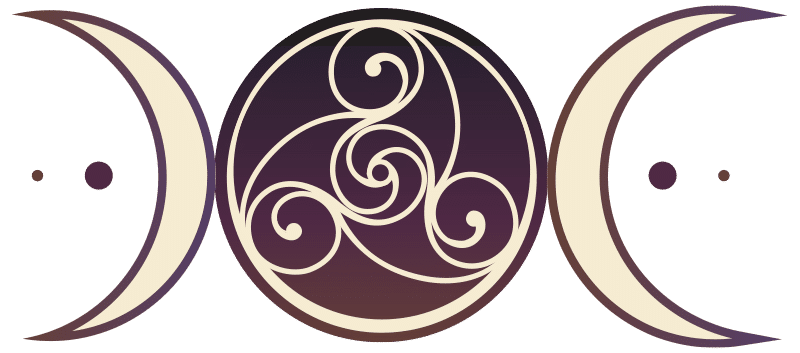“Surrender to what is. Let go of what was. Have faith in what will be.” ~ Sonia Ricotti
.
Self-forgiveness may be one of the most difficult tasks assigned to the human condition.
Letting go—it’s not for the faint of heart.
And yet, we are challenged at every turn of our life path to examine the relationship we have with ourselves.
Why is it easier to forgive someone else than to let go of our own mistakes?
I have to admit, my own journey towards self-forgiveness has been littered with failed attempts. Oh, I’ve had plenty to forgive others for, and somehow, that has always been fairly simple—but forgive myself?
My way of thinking has always been to not give power to those who hurt me. Therefore, I would make the choice to let go of my resentment and forgive in order to free myself from the angst of whatever abuses I had suffered at their hands.
It was a deliberate choice too—and apparently not so altruistic—this was about my own sanity. If the person who hurt me was to gain from my forgiving them, it would be a by-product of my compassion towards myself. Sound selfish? It sometimes has to be.
In all my sharing about how to move forward after any kind of physical, sexual or emotional abuse, I always say that the first step is to make a clear choice. It’s no different whether it’s about letting go of what someone did to you, or something you did to another.
So let’s just get to it—because we’ve made ourselves suffer for far too long.
“I who have never willfully pained another, have no business to pain myself.” ~ Marcus Aurelius
Step 1: Decide What You Want.
The relationship we have with ourselves is the most difficult relationship to nurture. We’re programmed to put others first. We should be taught from the very beginning about valuing our own worth. People who love themselves don’t start wars, because self-love breeds compassion for all beings.
Once you know how to be in a relationship with yourself, all the rest will be easy. Your stock is so high, you’d never sell it to anyone for a bargain price, or in turn, value anyone else unfairly.
The problem is, we are sometimes in an adversarial relationship with ourselves, and that makes it difficult to see that we are worthy of self-forgiveness.
The beginning of any journey toward self-forgiveness is to make a decision that yes, you are worth releasing from the prison of guilt, shame and pain, and you are going to actively participate in your own freedom.
It’s like wanting anything else—once you decide you can’t live without it, how you’re going to get it becomes a detail.
And guess what? You’re not really living when you can’t forgive yourself. It’s a trap so insidious that sometimes we barely know we’re in it. Everything seems fine, until you read the fine print on your soul.
Begin by taking out a fresh piece of paper, and writing down your decision to forgive yourself for whatever is weighing you down. Go ahead, I’ll wait…
Notice all feelings of resistance. Breathe. You’ll still be you, only a more alive you, once you let go of this burden.
“I, (insert name here), choose to actively participate in my own freedom. I choose to forgive myself for (insert all sins here).”
That was the hardest part of the exercise. Who will you be without your pain? The person with no pain. It’s that simple. And a large part of why we don’t let go. This pain is familiar, and you understand yourself within this context.
You have just observed your ego struggling with its own identity.
The rest here…3 Deliberate Steps to Self-Forgiveness. | elephant journal

